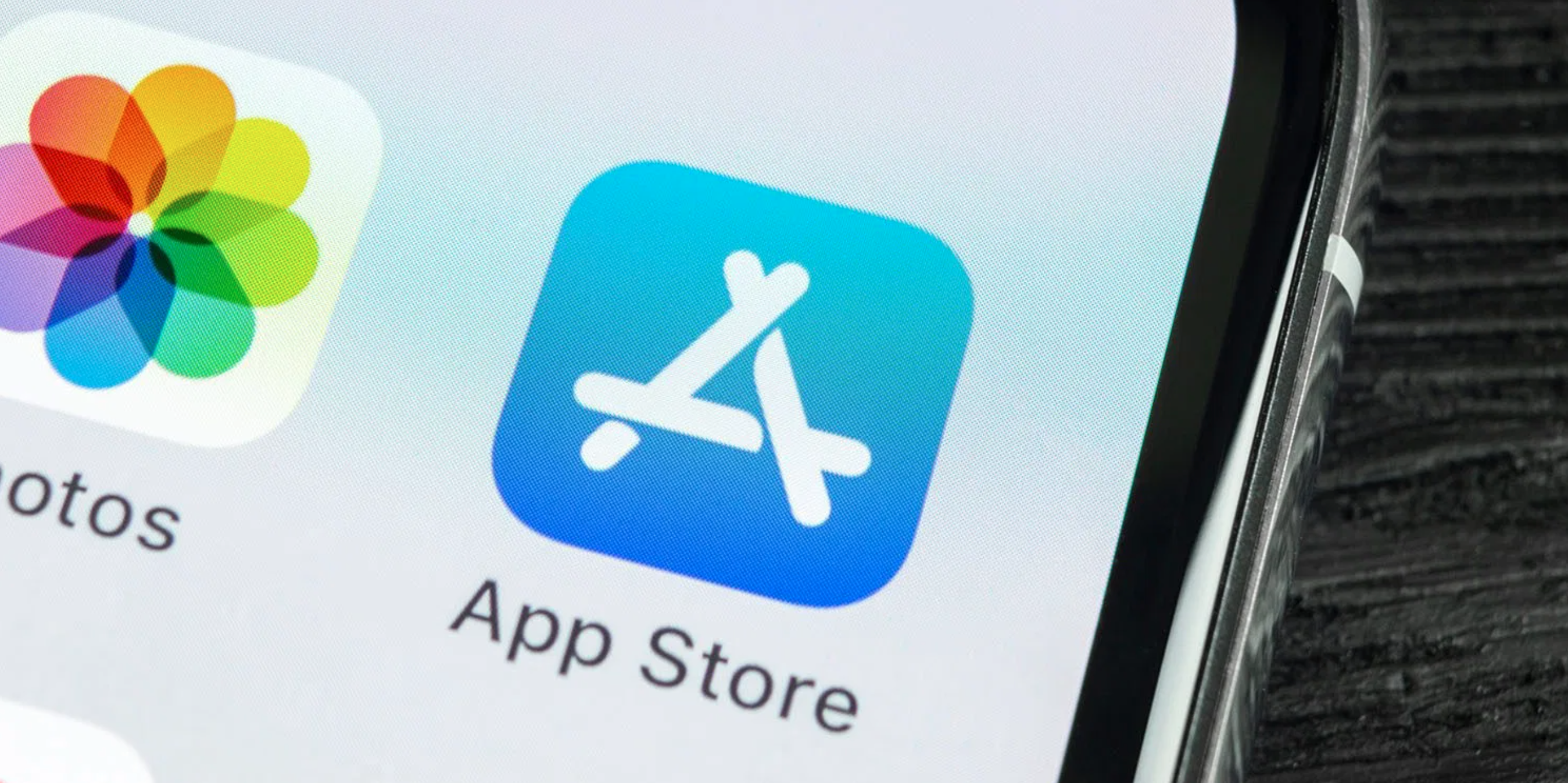Have you wondered why the search results in the App Store are ranked the way they are? App Store SEO may not be as popular as regular Google content SEO or YouTube SEO, but it’s extremely important for those in the business of running apps. It’s often called app store optimization (ASO) by those in the business.
The App Store algorithm, at its core, has one goal: show the most relevant app related to each search the user makes.
It uses three pieces of information to establish which app is more relevant:
- the app’s name
- subtitle, and
- keyword list
Downloads and reviews factor in as well, but they’re not always the biggest ranking factors.
Analyzing popular keywords can help you determine more about how the App Store algorithm works. (See also: Analyzing 15,000 YouTube Keywords to Better Understand YouTube SEO).
Let’s go over some of the results.
Keyword = ‘Calendar’
Calendar is a very popular keyword. Organizing your schedule is something everyone does in some form. And of course there’s high competition.
The first result is taken by Apple’s calendar app, which appears by default on iOS devices. Apple favoring its own app is no surprise.
The second spot is occupied by Google Calendar, with nearly half a million downloads.
The third spot is taken by Calendar from Luni, which has fewer downloads than the app in the fourth spot (Calendars: Planner & Reminders by Readdle), suggesting it could be a jump in ranking sometime in the recent past.
But is there something else going on that’s causing it more prominently?
What’s really happening is the algorithm is putting more weight on Luni’s use of “calendar” than Readdle’s because Luni isn’t using any other words.
So, the app search algorithm gives all the possible weight to one keyword, boosting Luni’s app up in the list (despite having fewer downloads).
The story repeats for another keyword = ‘Recipes’
The app in the third spot for “recipes” is Tasty By Buzzfeed.
Tasty has more downloads than the combined downloads of the apps in the first and second spot. But these two have the keyword in the title or subtitle.
Takeaways
- Downloads are not the only factor used by the algorithm to rank an app.
- The weight is distributed across all keywords. Fewer keywords mean more weight for each.
- Repetition doesn’t matter (so “keyword stuffing” doesn’t work as it does on more primitive search engines): If you use the same keyword both in the title and description, the algorithm will choose only one. And it will probably be the one in the description.


